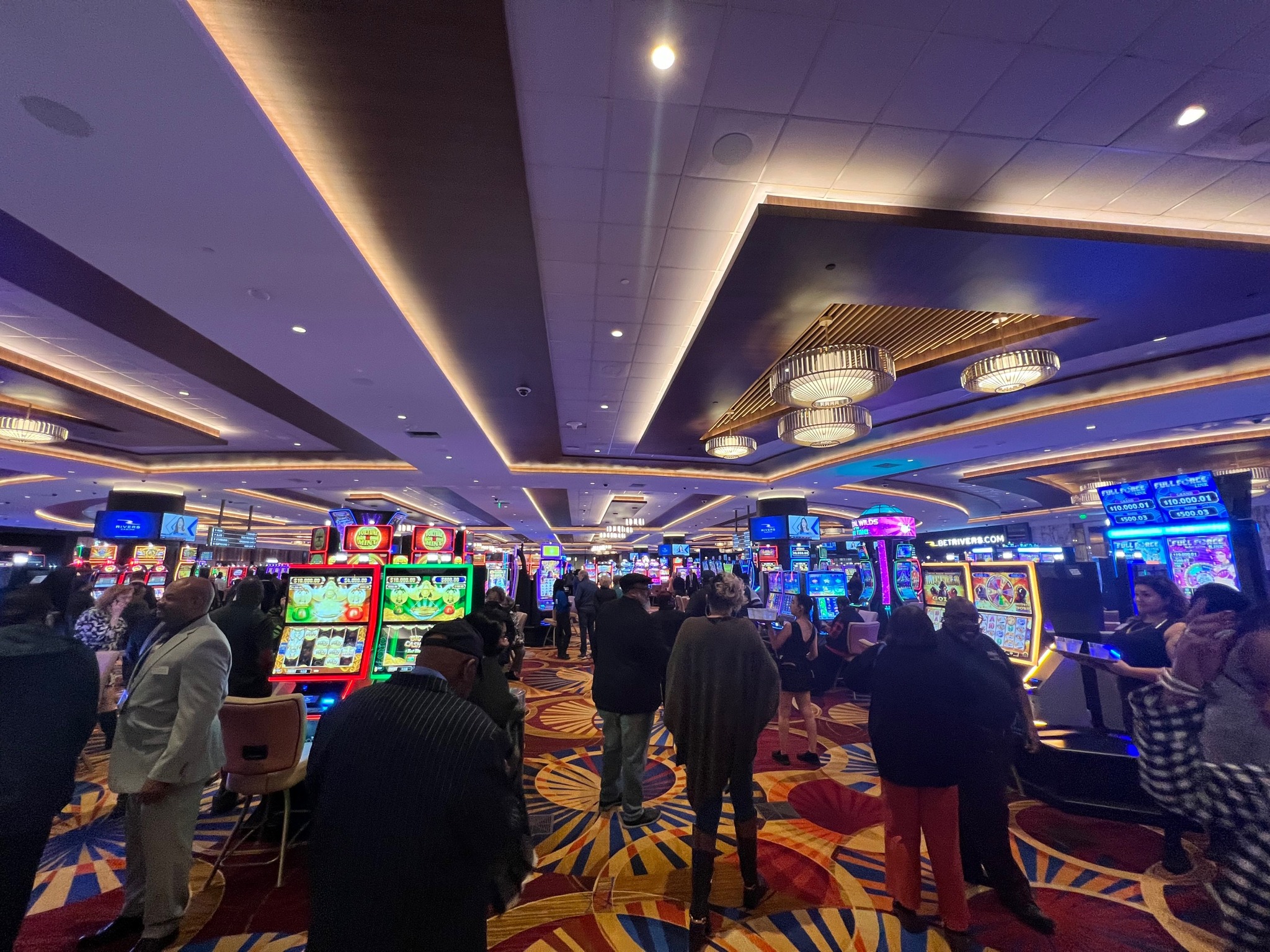
In the world of gambling, in which chance and strategy converge, a unique tapestry of beliefs emerges—one that braids luck, fate, and the enigmatic nature of casino games. Casinos, bustling with excitement and anticipation, are not just spaces for placing bets; they are also arenas in which superstitions thrive. From the novice player to the seasoned gambler, these mysterious practices often shape how individuals approach the games they play, holding the belief that their actions can influence the outcome in ways that go beyond mere probability.
When players gather around roulette wheels, blackjack tables, and slot machines, the atmosphere is thick with stories of lucky charms, rituals, and codified behavior that defy logic yet provide a sense of comfort. It could be the case that it’s wearing a specific outfit, following a particular sequence of bets, or even avoiding certain numbers, the attachment to various superstitions reflects a deep-rooted desire to control the uncontrollable. This article delves into the captivating world of casino game superstitions, examining the beliefs that simultaneously entertain and mystify those who dare to play.
Historical Roots of Superstitions
Betting activities have long been interwoven with an host of superstitions that can be traced to ancient civilizations. The roots of these ideas can be associated to humanity’s fundamental need to influence the random outcomes connected with chance and randomness. In primitive civilizations, games of chance were often tied to religious practices. Players would call upon blessings or seek favor from gods, believing that their actions could influence the results in their advantage. ga179 city This groundwork laid the foundation for the myriad of superstitions that proliferated as gambling evolved over time.
During the medieval period, gambling became a widespread activity across the continent, and with it, a colorful tapestry of superstitions emerged. Players adopted different rituals and charms, believing they could affect the outcome of games. The value of digits, in particular, emerged to appear in superstitions related to card games and dice. The number seven was often considered auspicious, while various numbers carried unfortunate connotations. These notions mirrored the social contexts of the time, changing as they transferred through generations and changed to different gaming environments.
As gaming establishments appeared in the seventeenth century, particularly in Italy and the French nation, the atmosphere surrounding gambling became imbued in enigma. The growing accessibility of gambling activities allowed for the spread and diversification of superstitions among players. Concepts like charmed charms, specific seating locations, and rituals gained importance, creating a distinct culture within gambling establishments. As these practices continued to thrive, they became integral to the character of casino games, illustrating how the past and culture shape the notions that influence how players engage with chance.
Common Casino Superstitions
Beliefs surrounding casino activities are plentiful and varied, reflecting the dreams and fears of gamblers as they engage in chance-based activities. One of the most prevalent views is that certain numbers bring luck or bad luck. For example, the digit 7 is often seen as a favorable digit, frequently sought after by gamblers looking for a positive outcome. Conversely, the number 13 is routinely considered unlucky, leading many gamblers to avoid it during their gambling periods.
Another common belief relates to rituals that players believe can influence their odds. It could be blowing gently on the dice before a throw, using a specific gesture to place a wager, or even wearing specific items of attire, many individuals feel that these rituals can tilt luck in their benefit. These practices offer a sense of control in an otherwise unpredictable environment, strengthening the idea that luck can be created through individual beliefs and customs.
Lastly, the environment and vibe of the casino itself adds to superstition. Many gamblers suggest that the presence of specific icons, such as four-leaf clovers or fortunate tokens, can enhance their chances of winning. Additionally, players might hold to the notion that winning streaks can be interrupted by mundane events, such as a person passing by or a spill at the gaming surface. The shared environment in a gambling house can amplify these superstitions, creating a shared culture of superstitions that goes beyond single encounters.
Impact of Superstitions on Players
Beliefs play a significant role in the mindset of gamblers, often influencing their behavior and decision-making. Many gamblers think that luck can be influenced through different rituals, such as donning a talisman, choosing particular hues, or steering clear of particular digits. This dependence on superstitions can create a sense of authority in an environment that is intrinsically unpredictable. Players often feel more confident and engaged when they feel that their actions could sway the result of a game in their favor.
The influence of these superstitions extends beyond individual players, affecting the general atmosphere within the casino. For example, a player who believes in the luck of a particular slot machine might draw a gathering, as others are fascinated by their apparent luck. This collective belief can heighten excitement and create a dynamic environment, leading to an captivating experience even for those who may not necessarily be believers themselves. The buzz around specific games can lead to increased participation and extended playing sessions, supporting the casino’s vibrant social scene.
In some cases, superstitions can lead to harmful effects for players. Depending too much on rituals can result in poor gambling decisions, as some may overlook basic strategies in favor of baseless beliefs. Additionally, the pressure to perform rituals may heighten anxiety and stress levels, detracting from the pleasure of the experience. Ultimately, while superstitions can enhance the excitement of playing casino games, they can also lead to unwise choices that overshadow the fun and amusement intended in the casino experience.